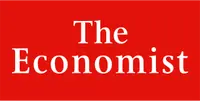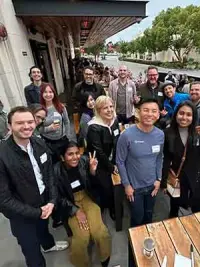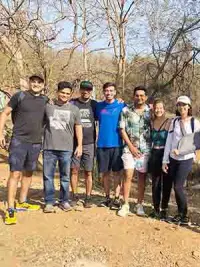Exceptional climate courses, a thriving global community, and live events with the world's top climate experts—all in one place.

Kick start your climate action journey —
Trusted by learners from world's leading organizations
Climate fellowship
25% off for Terra.do members
Cohort starts: April 20
Dive into the most structured, up-to-date content on climate science, impacts, and solutions so that you can work on the solutions that matter.
Join alumni from leading companies and universities —
Know the problem to know the solutions
Dive into the most structured, up-to-date content on climate science, impacts and solutions so that you can work on the solutions that matter.
You are not alone on this journey
Learn with hundreds of others from around the world and be guided by over a thousand alumni and mentors currently taking climate action.
There’s a role for you.
Thousands have used the climate change fellowship to define how to apply their unique skills and talents to have a meaningful impact. Join them.
Cohort-based program
Application deadline: February 15
An 8-week course to unlock your potential as a climate change software developer. Understand software’s role in climate solutions, explore four major applications of software in climate, craft a portfolio of projects, and build a network of climate tech peers to help you land a climate job.
View course & apply

Jaime Curtis, Jason Curtis
A four-week online course focused on scaling data use to accelerate sustainability initiatives, developing a fit-for-purpose data and AI strategy to streamline reporting, drive informed decisions, mobilize teams, and foster innovation, with a special emphasis on climate and nature.
CEO and Founder Shyftr; Ex-CDO
View Course
This two-week course gets you up to speed on soil health and the critical role it plays in addressing climate change through regenerative agriculture.
View Course
A four-week online deep-dive into the carbon dioxide removal (CDR) portfolio, covering advantages, challenges, and risks of currently pursued approaches to ensure CDR investments align with emissions reduction efforts.
Former Direct Air Capture and Storage lead at...
View Course
This four-week online course outlines techniques that digital product managers and builders can take to measure and reduce emissions from their products.
Co-founder, Climate Product Leaders, 3X produ...
View Course
A four-week online course that explores the fundamental principles, mathematical concepts, and interconnections driving global clean energy transitions.
Clean Energy Senior Specialist at Con Edison...
View Course
Four-week course covering climate-related financial disclosures and reporting requirements that have increasingly become mandatory in markets across the world.
Climate Consultant, former Big 4 Director...
View Course
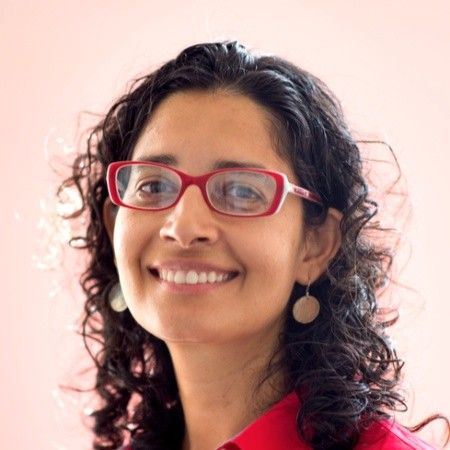
Kamal Kapadia, Ph.D.
Course Creator and Terra.do Co-Founder

Natalie Lavery
Marketing Lead, Climate People

Janice Lao
Co-Founder, Project Eleven and 3X Head of Sustainability

Jaime Curtis
Co-founder at Option Zero

Jason Curtis
Co-founder at Option Zero

François Burra
Co-founder, Climate Product Leaders, 3X product lead

Katherine Markova
Climate Consultant, former Big 4 Director

Zach Birnholz
Clean Energy Senior Specialist at Con Edison

David Jaber
Founder, Climate Positive Consulting
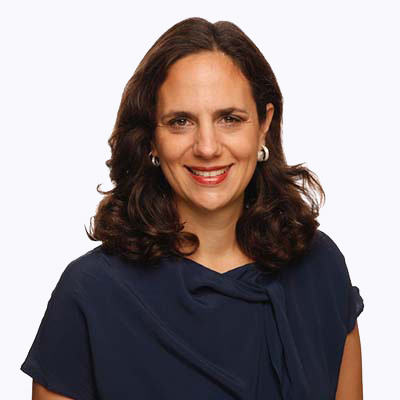
Dr Karine Serfaty
CEO and Founder Shyftr; Ex-CDO
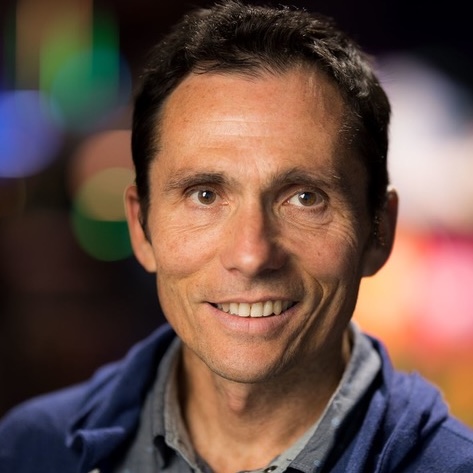
Pascal Joly
Product lead, AI and data solutions expert

Silvan Aeschlimann
Former Direct Air Capture and Storage lead at RMI

Ryan Peterson
Co-Director, Climate Farm School
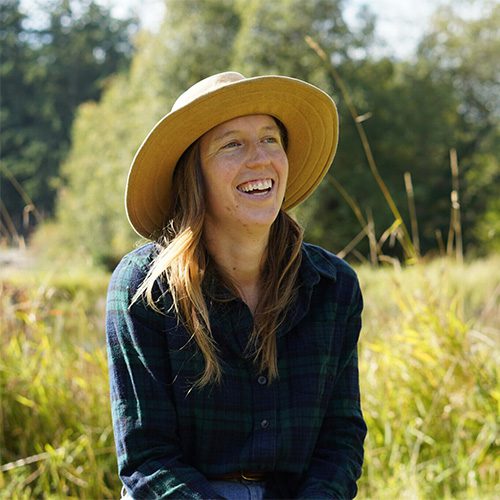
Dr. Laney Siegner
Founder & Co-Director, Climate Farm School

Kamal Kapadia, Ph.D.
Course Creator and Terra.do Co-Founder

Natalie Lavery
Marketing Lead, Climate People

Janice Lao
Co-Founder, Project Eleven and 3X Head of Sustainability

Jaime Curtis
Co-founder at Option Zero

Jason Curtis
Co-founder at Option Zero

François Burra
Co-founder, Climate Product Leaders, 3X product lead

Katherine Markova
Climate Consultant, former Big 4 Director

Zach Birnholz
Clean Energy Senior Specialist at Con Edison

David Jaber
Founder, Climate Positive Consulting

Dr Karine Serfaty
CEO and Founder Shyftr; Ex-CDO

Pascal Joly
Product lead, AI and data solutions expert

Silvan Aeschlimann
Former Direct Air Capture and Storage lead at RMI

Ryan Peterson
Co-Director, Climate Farm School

Dr. Laney Siegner
Founder & Co-Director, Climate Farm School
As a Terra.do fellow, you get access to our community's collective wisdom, expertise, and resources to help you upskill and advance your climate career.
200+ Mentors
80+ Countries
5,000+ Fellows
Join the Terra.do community
Apply to the Climate FellowshipCareer Tips from those leading climate action in energy, policy, food, carbon markets and many more sharing their lessons from the frontline with events.
Fresh Insights on all things climate through hundreds of hours of curated content, masterclasses from experts and a knowledgeable community of peers.
Get introduced to a nurturing community of industry mentors and peers who've transitioned into climate work to help guide your career in climate.
Meet peers and mentors at local events and networking sessions. From NYC to Berlin, Bangalore, Paris and more, our members regularly connect and learn.

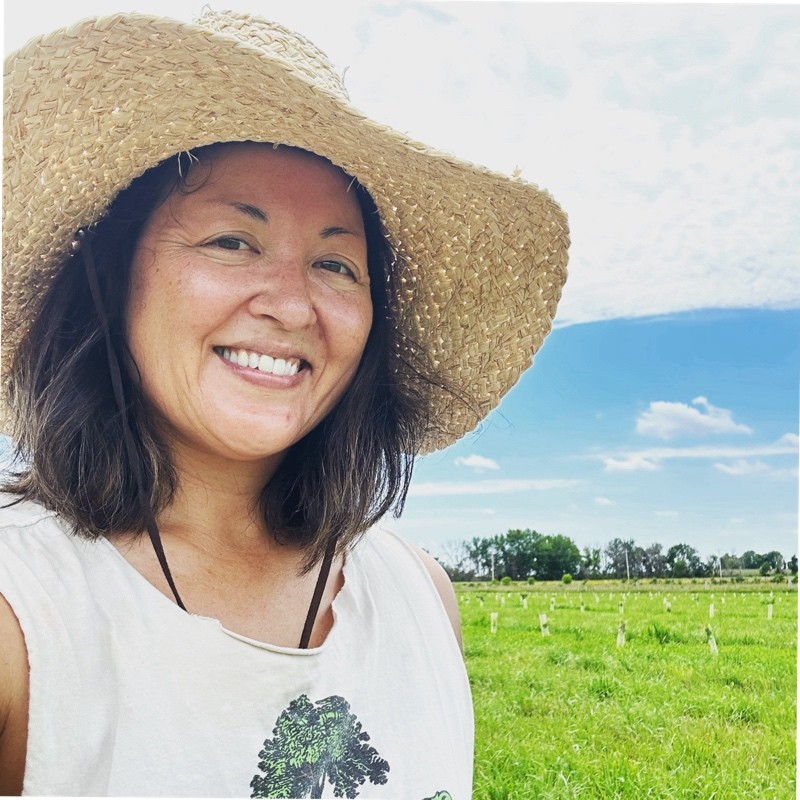

Explore 65,000+ climate jobs at 16,400+ companies worldwide, spanning every major climate solution—from renewable energy to sustainable finance.
Find climate jobsDiscover roles at innovative climate companies
Upskill yourself and make your climate career transition
Give yourself the edge by learning the key skills needed for the climate economy. Our learners are working at groundbreaking climate companies
Accelerate your climate career

From: Digital Content Manager (Contract) at Wildgrid
To: Executive Assistant at David Energy

From: Policy Engagement Advisor at Elemental Impact
To: Program Associate at Blue Crab Strategies
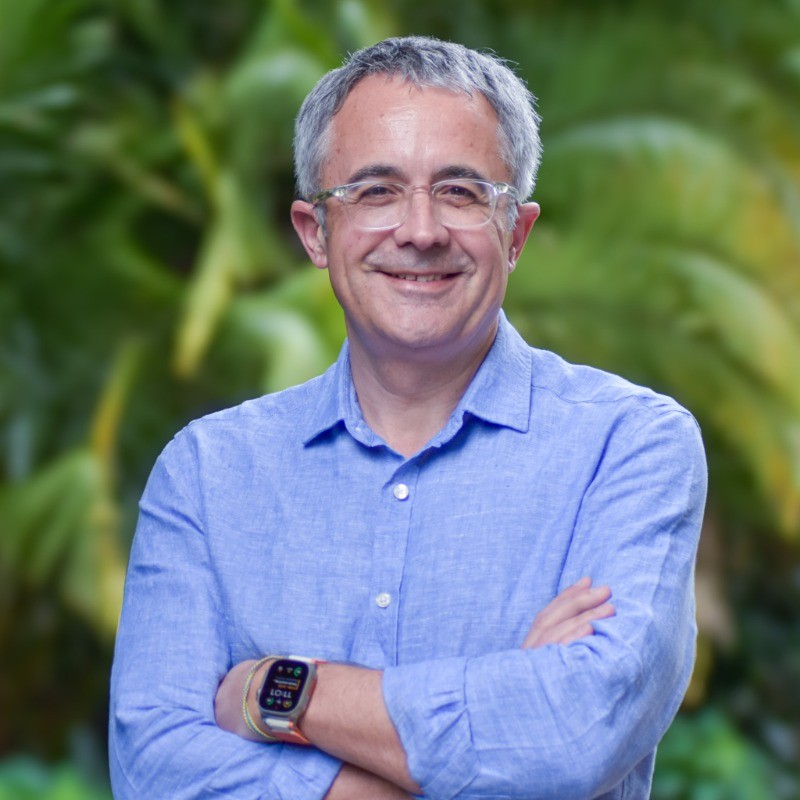
From: Chief Commercial Officer at Abatable
To: Commercial Director - Carbon at BURN

From: Underwriter at Greystone
To: Project Lead at Bay Area Air Quality Management District

From: Director of Strategy at Medius
To: Technical Specialist at Colorado Department of Public Health and Environment

From: Outside Sales at Beacon Building Products
To: Offgrid Director of Sales & Solutions at Wasted*
and thousands more working at:

"This course wasn't just about acquiring knowledge—it was about building essential skills for the evolving landscape of sustainable supply chain management. From delving into CDP Reports to meticulously mapping out stakeholders and conducting rapid risk assessments, each module and assignment has been a step towards honing practical expertise"
Aasifa Sheikh
Sustainability Analyst @ Eco-Stylist (Canada)

"Thrilled to announce that I've successfully completed my certificate in Supply Chain Decarbonization by Terra.do with amazing professor Dr. Janice Lao! 🌍💼 Excited to leverage this knowledge to advance my career in sustainability."
Patricia Diaz Eseverri
Assistant Manager | Sales and Marketing @ Cindu USA

"I greatly enjoyed taking the Supply Chain Decarbonization course with Janice Lao, who was personable and welcoming. The course provided a holistic industry understanding and actionable items for continued learning. It catered well to both beginners and experienced participants, with thoughtful assignments reinforcing key concepts and strategies."
Claire Potter
Consultant Non Profit @ PROJXON l Net Impact President (United States)

"I loved the Soil Health and Regenerative Farming course. It was short but concentrated, and I've learned a ton! Most importantly, I understood that I can do so much myself using my own hands, knowledge, logic, and senses, by being humble and learning from nature. I discovered that there's so much more to learn and got a clear direction where to start."
Olga Shavrina
Product Manager at JOB TODAY (Spain)
Learn the skills to work on climate, find your change-making community, and drive real-world impact


